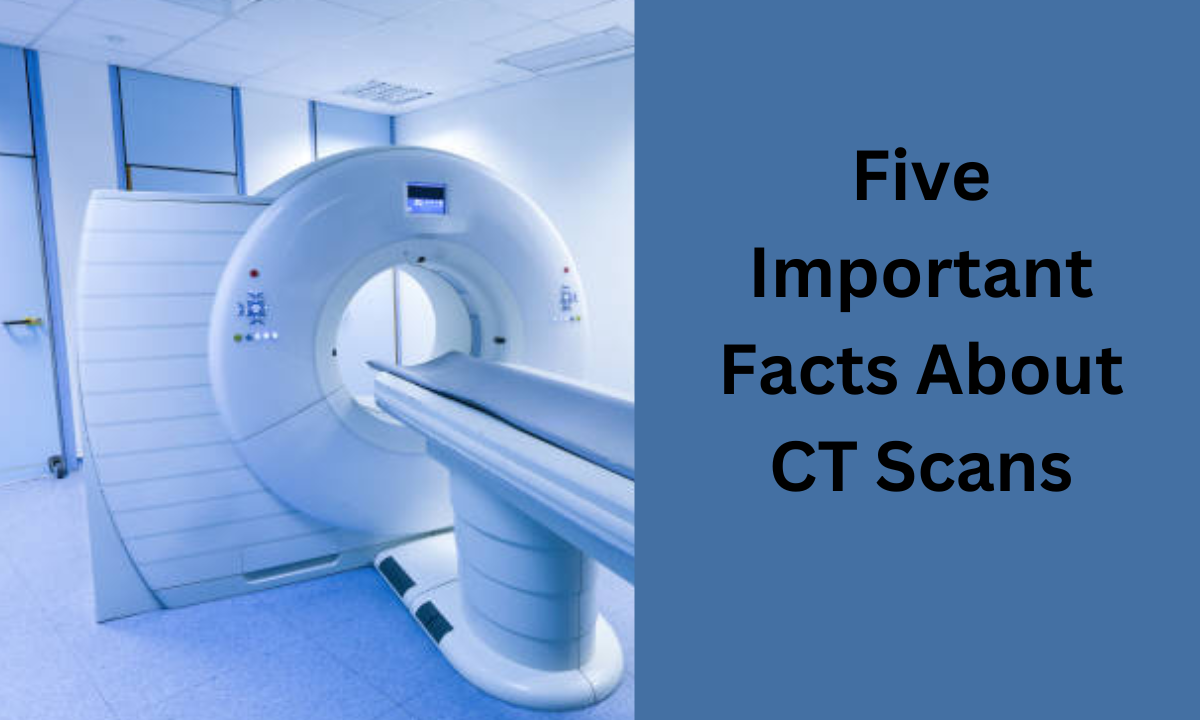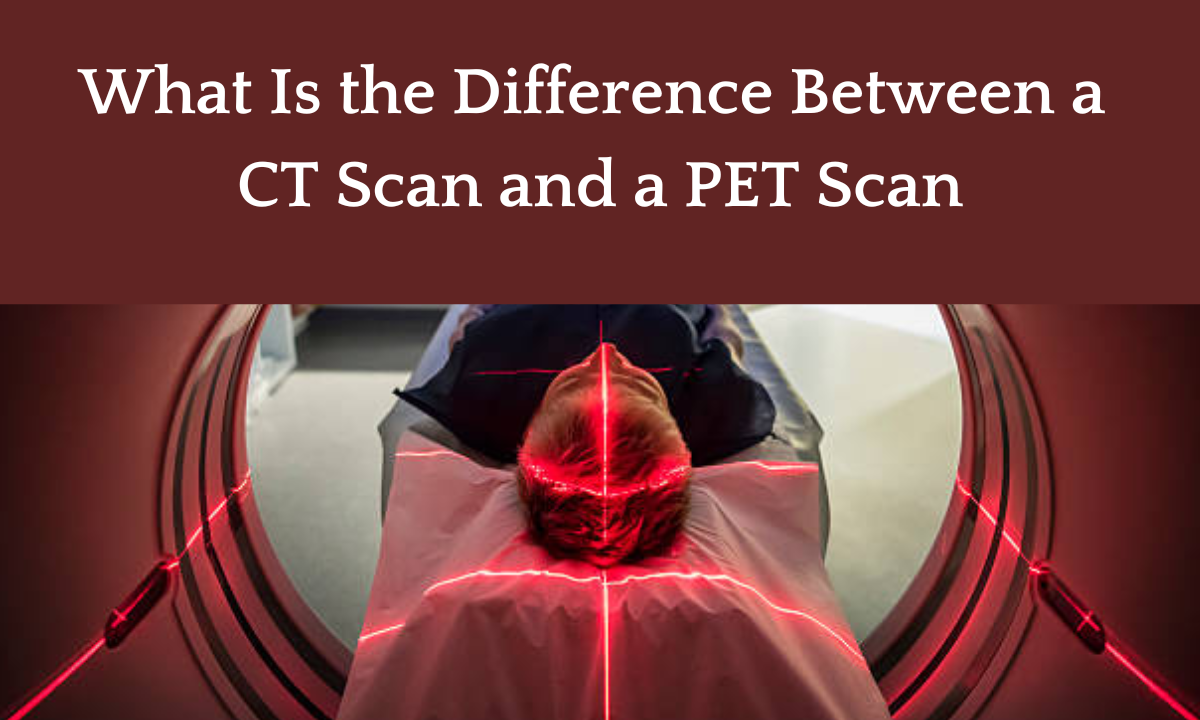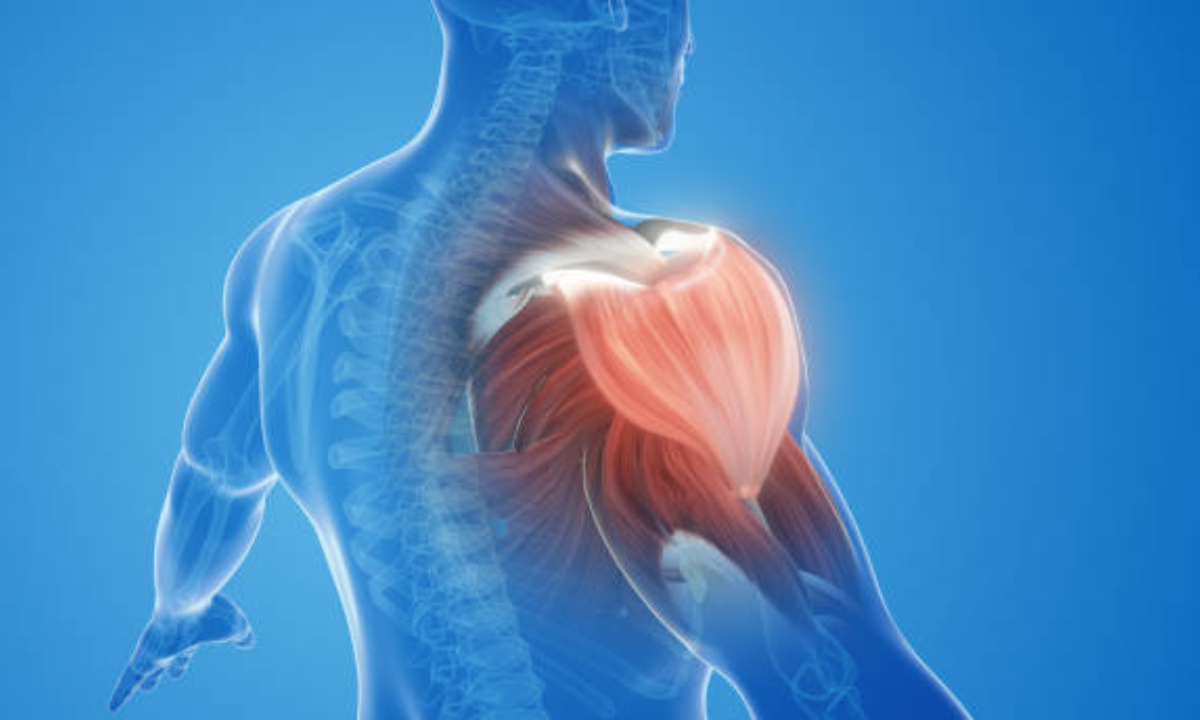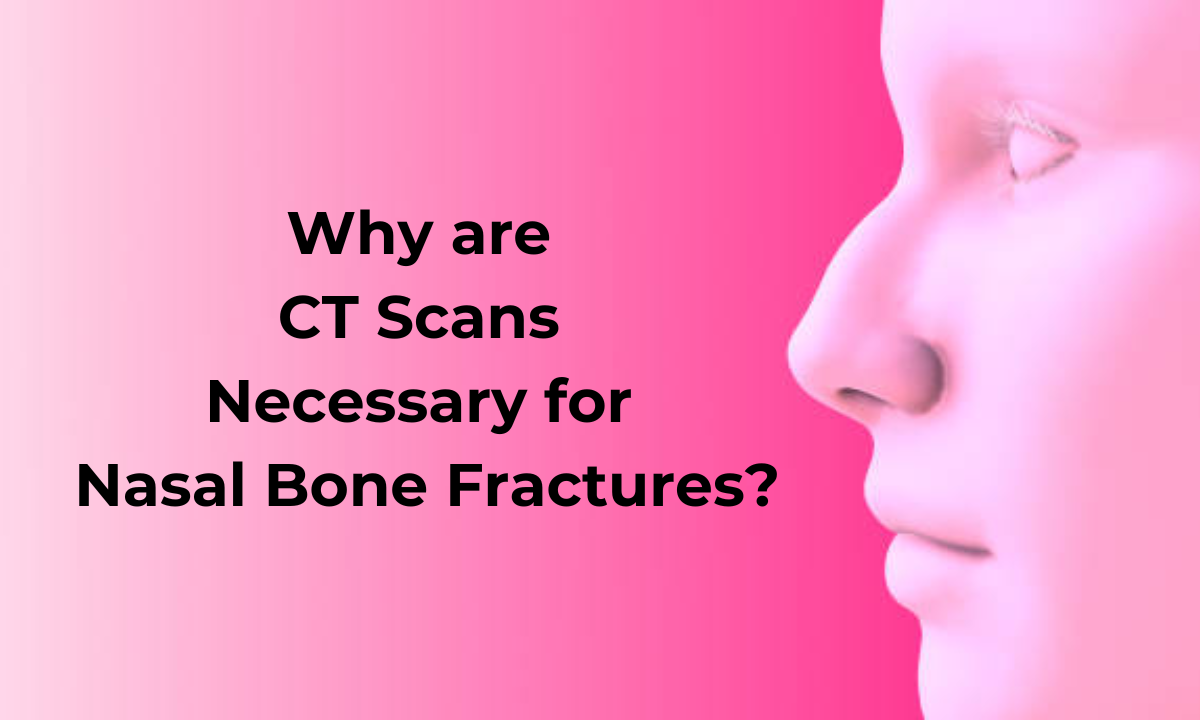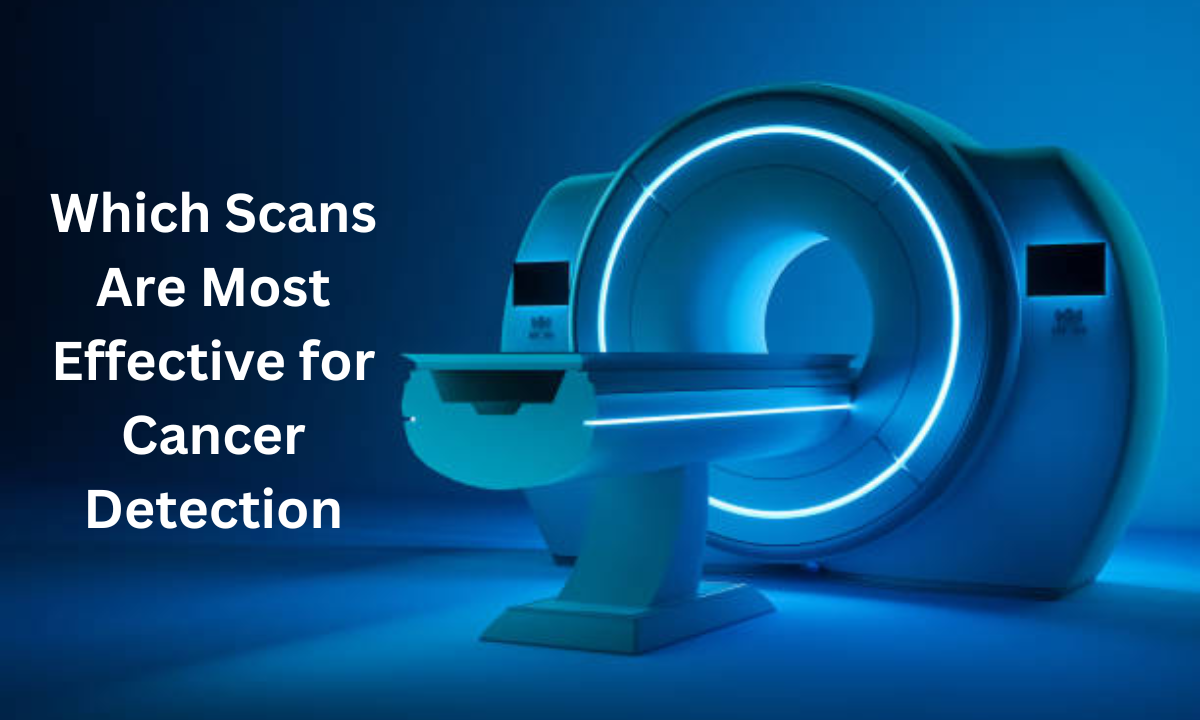Early detection is crucial for cardiovascular health. But how do you know when to have a CT scan? This article addresses that issue by outlining specific criteria for when CT scans for heart health is required.
CT scans, or computed tomography, use cutting-edge imaging technology to provide comprehensive heart and blood vessels images. These scans can aid clinicians in detecting anomalies such as clogged coronary arteries, arterial calcification, and aberrant cardiac structures.
Finally, a healthcare provider should thoroughly research CT scans for heart health before suggesting them. They will assess your risk factors and medical history to determine if a CT scan is necessary for you.
Remember that early detection saves lives, so schedule regular check-ups with your doctor and discuss whether a CT scan is required for your heart health.
When to Consider a CT Scan for Heart Health
Understanding the signs: When to Consider a CT Scan for Heart Health.Ensuring good heart health begins with timely detection, but when should you get a CT scan? While CT scans are tremendously helpful in monitoring cardiac health, they are not universally suitable. In this segment, we’ll look at the signs that a CT scan is necessary and discuss why it could be a good idea to get one.
Heart problems run in the family.
Suppose you have a family history of heart problems, especially if a close relative has had a heart attack or was diagnosed with coronary artery disease at a young age. In that case, you may be at a higher risk. In such circumstances, a CT scan may be suggested to examine your cardiac health and identify potential problems early on.
Habits of smoking
Smoking dramatically increases the chance of developing heart disease. Tobacco smoke contains chemicals that damage blood arteries, raise blood pressure, and increase the likelihood of blood clot formation. If you smoke, you should visit your doctor about the need for a CT scan to examine your heart health and detect early signs of damage.
Extra Risk Factors
Aside from family history and smoking, several other risk factors call for a CT scan. Elevated blood pressure, high cholesterol levels, obesity, diabetes, and sedentary behavior are all examples. Should you display one or more of these risk factors, it’s vital to engage in discourse with your healthcare provider to determine the appropriateness of a CT scan in assessing your cardiac well-being.
Symptoms or warning signs that have become apparent.
If you develop symptoms or red flags of heart disease, such as chest pain, shortness of breath, palpitations, or extreme tiredness, seek medical attention immediately away. These symptoms could signal an underlying heart condition that requires additional evaluation, possibly with a CT scan.
Age and gender concerns
While age and gender are not decisive criteria for a CT scan, they may indicate the need for additional assessment. Men over the age of 45 and women over the age of 55 are thought to be more likely to acquire heart disease. However, it is vital to realize that heart disease affects people of all ages and genders.
Understanding the Risks and Limitations of CT Scans for Heart Health
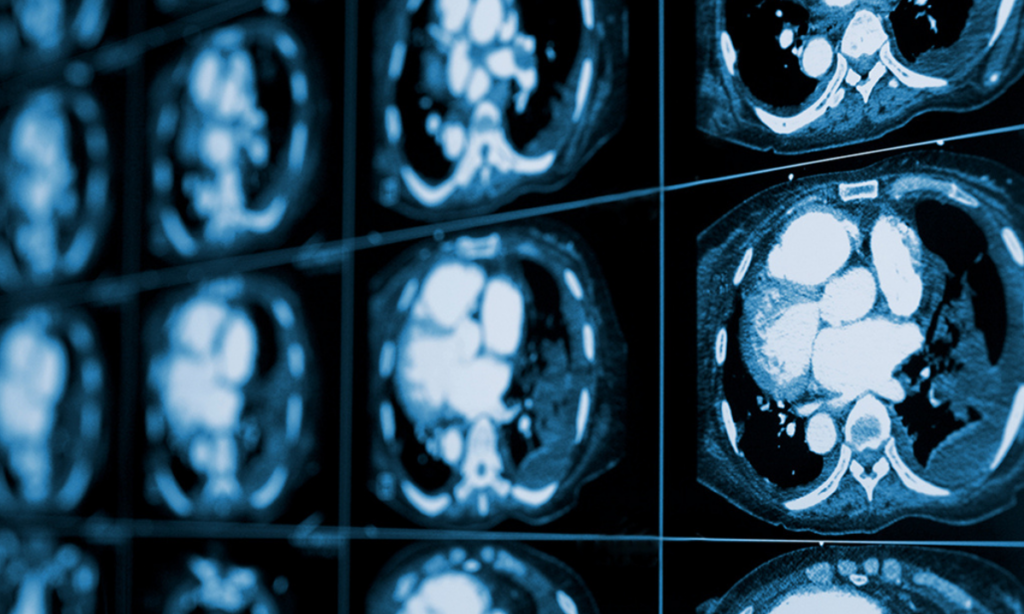
While CT scans are useful for measuring heart health, it is vital to recognize the risks and limitations of the procedure. This section investigates the dangers of CT scans and emphasizes the importance of balancing them against the benefits of early detection.
Radiation exposure
The possibility of radiation exposure is a serious concern with CT scanners. CT scans utilize X-rays to provide detailed images of the heart and its arteries. Regardless of the very low radiation dosage utilized, avoiding unnecessary exposure is crucial, especially for people who need multiple scans throughout their lives. Addressing any concerns about radiation exposure with your healthcare provider is crucial, because they can provide specific information.
The use of contrast dye.
In some circumstances, contrast dye may be used during CT scans to evaluate the heart. This dye improves imaging by allowing for more detailed visualization of blood vessels. Some people may experience mild to severe allergic reactions to contrast dye. If you have a known allergy to contrast dye or have had previous negative reactions, you should consult your doctor before undergoing a CT scan.
CT scans have their limitations.
Despite their usefulness, CT scans have downsides. They may miss certain heart diseases, such as microvascular disease, which affects the smallest cardiac blood vessels. Furthermore, because CT scans involve contrast dyes, people with certain medical conditions, such as kidney disease, may not be good candidates.
Preparing for a CT Scan for Heart Health
If you and your healthcare provider have determined that a CT scan is necessary for assessing your heart health, it is important to be prepared for the procedure. In this section, we will explore the steps you can take to ensure a smooth and successful CT scan experience.
Follow Pre-Scan Instructions
Your healthcare provider will provide you with specific instructions to follow before your CT scan. These instructions may include guidelines on fasting, avoiding certain medications, or drinking a specific amount of clear fluids before the procedure. It is important to carefully follow these instructions to ensure accurate results and minimize any potential complications.
Inform the Technologist
Before the scan, it is important to inform the CT technologist of any allergies, medical conditions, or previous reactions to contrast dye. This will help them tailor the procedure to your specific needs and ensure your safety throughout the scan.
Getting ready for a CT scan for heart health.
If you and your doctor have agreed that a CT scan is necessary to examine your heart health, you must properly prepare. We’ll discuss all you can do to make your CT scan as efficient and successful as possible.
Please follow the pre-scanning directions.
Your doctor will provide you with particular pre-scan instructions to follow before your CT scan session. You may be asked to fast, stop taking certain medications, or drink a certain number of clear fluids before surgery. Adherence to these criteria is critical for accurate results and avoiding complications.
What to Expect During a CT Scan for Heart Health
Going through a CT scan for heart health may leave you with questions about the procedure. Let’s take a look at the stages and what you may expect during your consultation.
Check-in Process
You must check in at the registration counter when you arrive for your CT scan. Be prepared to show your identification and insurance information, so have these documents conveniently accessible. After checking in, you will be taken to the waiting area until your scan is complete.
Changing into a hospital gown.
You may be asked to put on a hospital gown before the scan. This ensures that your clothing or accessories will not interfere with the scan. It allows the technologist a clear view of your chest area.
Inserting an intravenous
Contrast dye may be required in some circumstances during a CT scan for heart health. If this is the case, an IV will be inserted into your arm or hand. During the scan, contrast dye will be injected into an IV line to improve the images of your blood vessels.
Communication with the Technologist
The technologist will communicate with you throughout the scan through a speaker system. They will provide instructions and guidance, ensuring you are comfortable and informed throughout the procedure. If you have any concerns or questions during the scan, do not hesitate to communicate them to the technologist.
Conclusion: Making an Informed Decision about CT Scans for Heart Health
Understanding the advantages of CT scans, such as early detection and individualized therapy, emphasizes their value in preventative care. Factors indicating the necessity for a CT scan, such as family history, risk factors, symptoms, and age, help people determine whether the procedure is appropriate for screening heart health.
Awareness of potential risks, such as radiation exposure and contrast dye use, leads to more informed discussions with healthcare providers, which helps to effectively address concerns. Individuals can make an informed decision to undergo a CT scan after weighing the risks and benefits.
In this process, choosing the right diagnostic center is critical. Choosing the best diagnostic center in Bangalore guarantees access to high-quality care and cutting-edge equipment, which improves the accuracy and reliability of CT scan results.
Kiranpet Diagnostic Centre offers comprehensive medical imaging and diagnostic services, providing accurate and timely results to support patient care. contact us today


